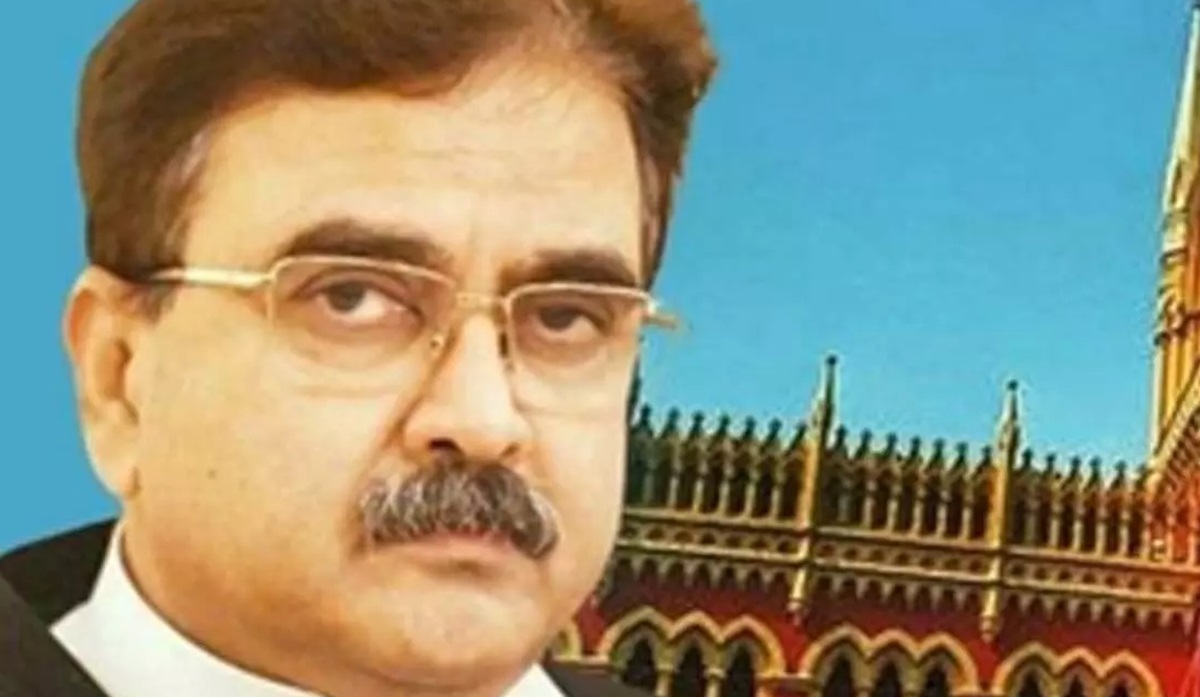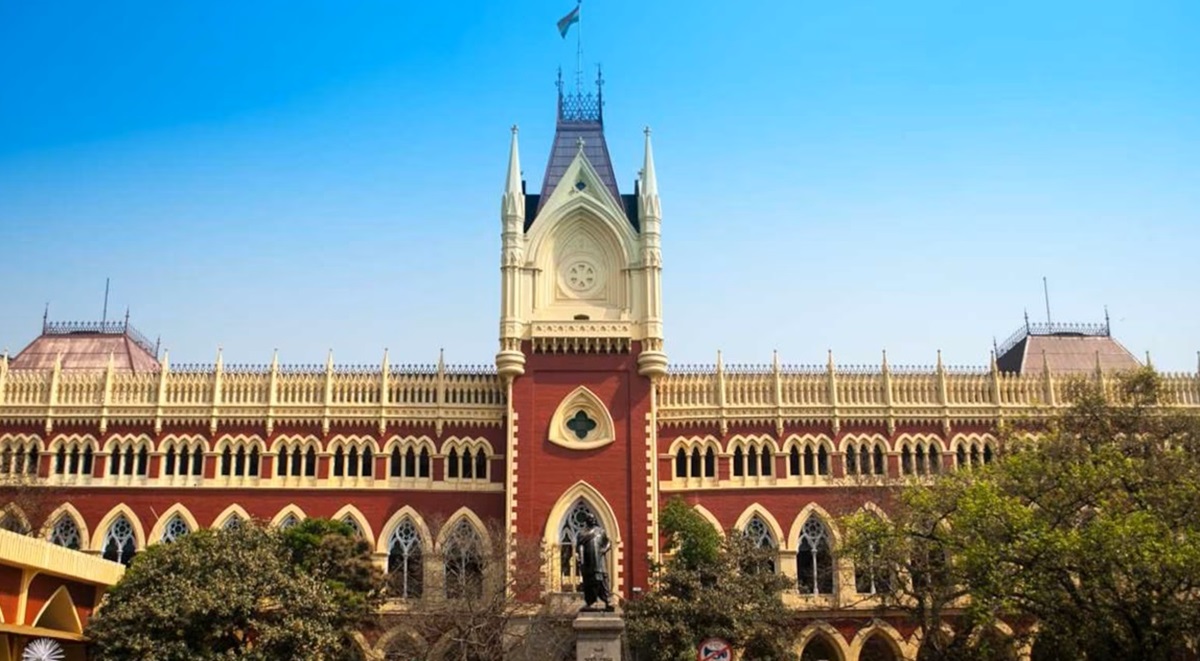Introduction
Justice Abhijit Gangopadhyay, a prominent High Court judge recognized for his integrity and impartiality, has resigned, shocking legal circles. His decision to stand aside from the court has sparked debate on numerous facets of the judiciary, including independence, ethics, and the obstacles that judges have in carrying out their duties.
A Brief Background
Justice Abhijit Gangopadhyay is a paragon of honesty and unshakable commitment to justice, with a career spanning two decades. He graduated from a prominent law school and exhibits both legal scholarship and ethical strength. With a firm commitment to respecting constitutional values, he persistently advocates for citizens’ rights, ensuring equity and fairness in all rulings. Justice Gangopadhyay’s term on the bench demonstrates his unwavering pursuit of truth and enormous influence on the legal environment. His legacy serves as a symbol of optimism and trust in the judiciary, urging future generations to maintain the rule of law.

Reasons Behind the Resignation of Justice Abhijit Gangopadhyay
Justice Abhijit Gangopadhyay’s mysterious resignation has sparked curiosity regarding the motives that influenced his decision. Some speculate about personal or health problems, while others point to institutional issues afflicting the judiciary. Despite the mystery surrounding his retirement, it serves as a painful reminder of the structural challenges confronting the Indian legal environment. His departure emphasizes the importance of changes, as well as the necessity for transparency and accountability in the courts. As the legal community grapples with his departure, it encourages consideration of the broader reforms required to strengthen the pillars of justice and safeguard the legal system’s integrity.
Judicial Independence and Integrity
The resignation of a revered individual such as Justice Gangopadhyay raises serious concerns about judicial independence and integrity. The judiciary’s constant dedication to dispensing justice impartially and without regard for external pressures is central to its duty. Any sense of influence or compromise weakens public trust in the judiciary and the rule of law. To uphold the ideals of justice and equity, judges must function autonomously and without undue intervention. The preservation of judicial independence is critical, acting as the foundation of a democratic society in which all individuals’ rights are protected and justice is administered impartially.
Ethical Considerations
Judges tasked with interpreting and applying the law must adhere to the highest ethical standards. The departure of Justice Gangopadhyay raises questions about the ethical duties that come with judicial service. Maintaining the highest standards of honesty and professionalism is critical to sustaining the legitimacy of the judiciary and guaranteeing fair and just decisions for all parties involved in legal processes.
Challenges Facing Judges
Justice Gangopadhyay’s resignation highlights the issues that judges face on a daily basis. Judges face a variety of problems, including enormous caseloads, complex legal concerns, and cultural pressures, which can have an impact on their well-being and decision-making abilities. Addressing these difficulties necessitates a multifaceted approach that includes proper support mechanisms, ongoing training, and institutional improvements targeted at increasing judicial efficiency and effectiveness.
Implications for the Legal Community
The resignation of a seasoned jurist like Justice Gangopadhyay sends shockwaves throughout the legal community, sparking introspection and calls for reform. It serves as a reminder of the importance of putting judicial well-being first and addressing structural concerns that threaten the judiciary’s independence and integrity. Legal experts, legislators, and civil society must work together to preserve the rule of law and the principles of justice and fairness.
Conclusion
The resignation of Justice Abhijit Gangopadhyay from the bench sends a strong statement about the judiciary’s struggles and the need of maintaining its independence and integrity. As the legal community considers the ramifications of his departure, all parties must reaffirm their commitment to the rule of law and strive for a more just and equal society. Only by upholding the greatest ethical standards and guaranteeing judges’ well-being will we be able to preserve the judiciary’s integrity and the principles of justice for future generations.
Our previous blog
Mumbai vs Tamil Nadu: Shardul Thakur’s Heroics in the Ranji Trophy Semifinal against Tamil Nadu
